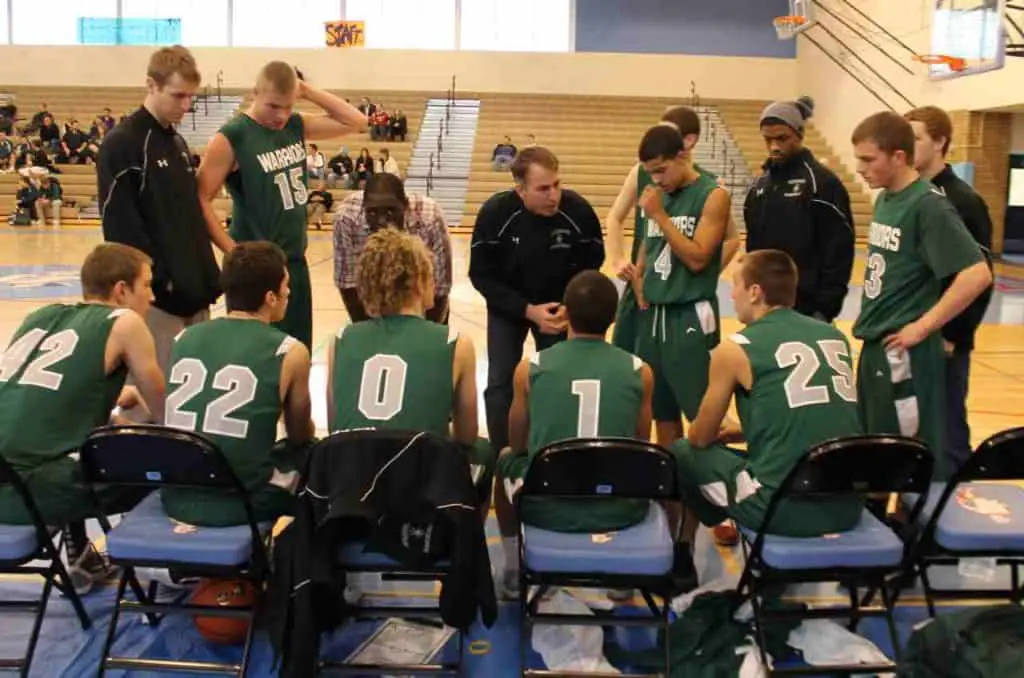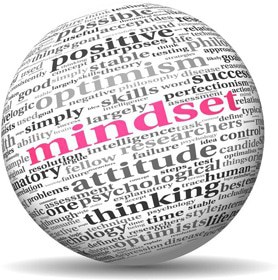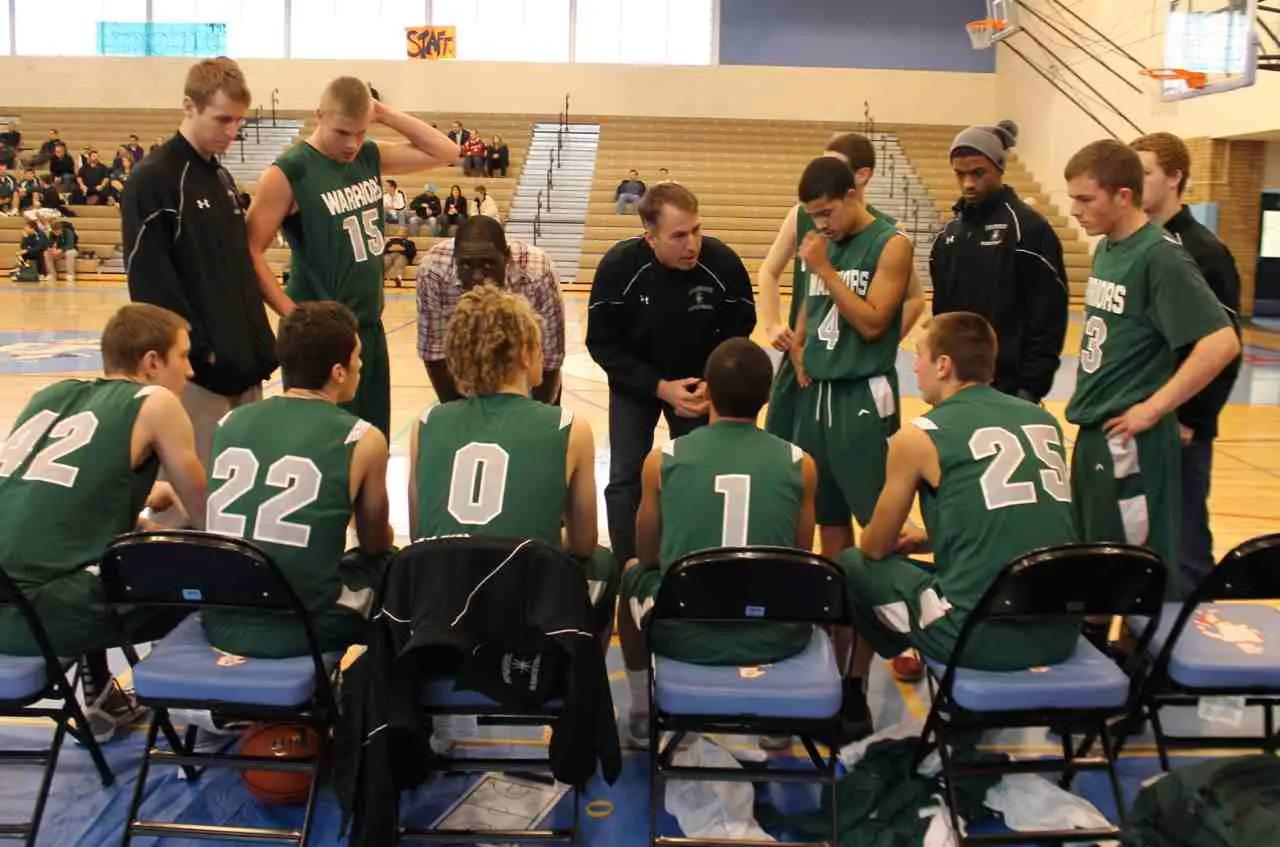Table of Contents

The History of Sport Psychology
 Coleman Griffith is considered to be the ‘‘father” of sports psychology. He created and developed the first sports psychology laboratory based at the University of Illinois in 1925. He was also hired by the Chicago Cubs baseball team and acted as their consulting sports psychologist in 1938. But the field of sports psychology did not grow substantially until the 1960’s. It was at this time that books were written on the topic (see books written by Robert Singer as examples), universities began offering courses on the topic, and professional organizations were initiated (i.e. NASPA). The field has been growing ever since and today graduate degrees are awarded in sports psychology.
Coleman Griffith is considered to be the ‘‘father” of sports psychology. He created and developed the first sports psychology laboratory based at the University of Illinois in 1925. He was also hired by the Chicago Cubs baseball team and acted as their consulting sports psychologist in 1938. But the field of sports psychology did not grow substantially until the 1960’s. It was at this time that books were written on the topic (see books written by Robert Singer as examples), universities began offering courses on the topic, and professional organizations were initiated (i.e. NASPA). The field has been growing ever since and today graduate degrees are awarded in sports psychology.
*This post may contain affiliate links. As an Amazon Associate we earn from qualifying purchases.
In the 1980’s two more important organizations were developed. Division 47 of the American Psychological Association when Exercise and Sports Psychology was added as a specialization. The other was the Association for Advancement of Applied Sports Psychology (AAASP), now known simply as the Association for Applied Sports Psychology (AASP). The latter has one of the largest memberships of sport psychology professionals in the world.
Sport Psychology
The field of sports psychology has roots in both psychology and sports sciences, such as kinesiology and exercise science. However, the term sports psychologist remains controversial because “psychologist” is a protected term and one must have a Ph.D. in clinical or counseling psychology in order to be called a psychologist. Others may call themselves mental coaches or performance consultants as a means to avoid using the title of psychologist. This creates challenges in knowing who is truly qualified to deliver sport psychology services.
What to consider when searching for a Qualified Sports Psychologist or Consultant
https://youtu.be/qXrmRFB2JJk
The person should have training in both psychology and sports science and some background in the sport. You also want to consider that the person is licensed as a psychologist because this means he/she has met certain school and training requirements. The controversy over the term and who can use the title of the sports psychologist is still very prominent so stay tuned for any new developments on the topic. To read more on the terms of sport(s) psychologist versus sports psychologist, see very interesting blog posts by Dr. Kate Hays in Psychology Today
 If you are interested in pursuing your interest in sports psychology than there are several options. First, be aware that in order to call yourself a psychologist of any type you must have a Ph.D. in psychology and be licensed in the state where you practice. Second, you can pursue doctorate work in sports psychology. For example, schools like Boston University or Florida State University offer doctorate degrees in the field. Some schools offer online programs, such as National University and Argosy University. You should determine if you want a Master’s degree in the field or a doctoral degree. There are differences in what services you can offer athletes depending on your degree. The website hosted by Association for Applied Sports Psychology also lists tips for pursuing your interests in the field.
If you are interested in pursuing your interest in sports psychology than there are several options. First, be aware that in order to call yourself a psychologist of any type you must have a Ph.D. in psychology and be licensed in the state where you practice. Second, you can pursue doctorate work in sports psychology. For example, schools like Boston University or Florida State University offer doctorate degrees in the field. Some schools offer online programs, such as National University and Argosy University. You should determine if you want a Master’s degree in the field or a doctoral degree. There are differences in what services you can offer athletes depending on your degree. The website hosted by Association for Applied Sports Psychology also lists tips for pursuing your interests in the field.

